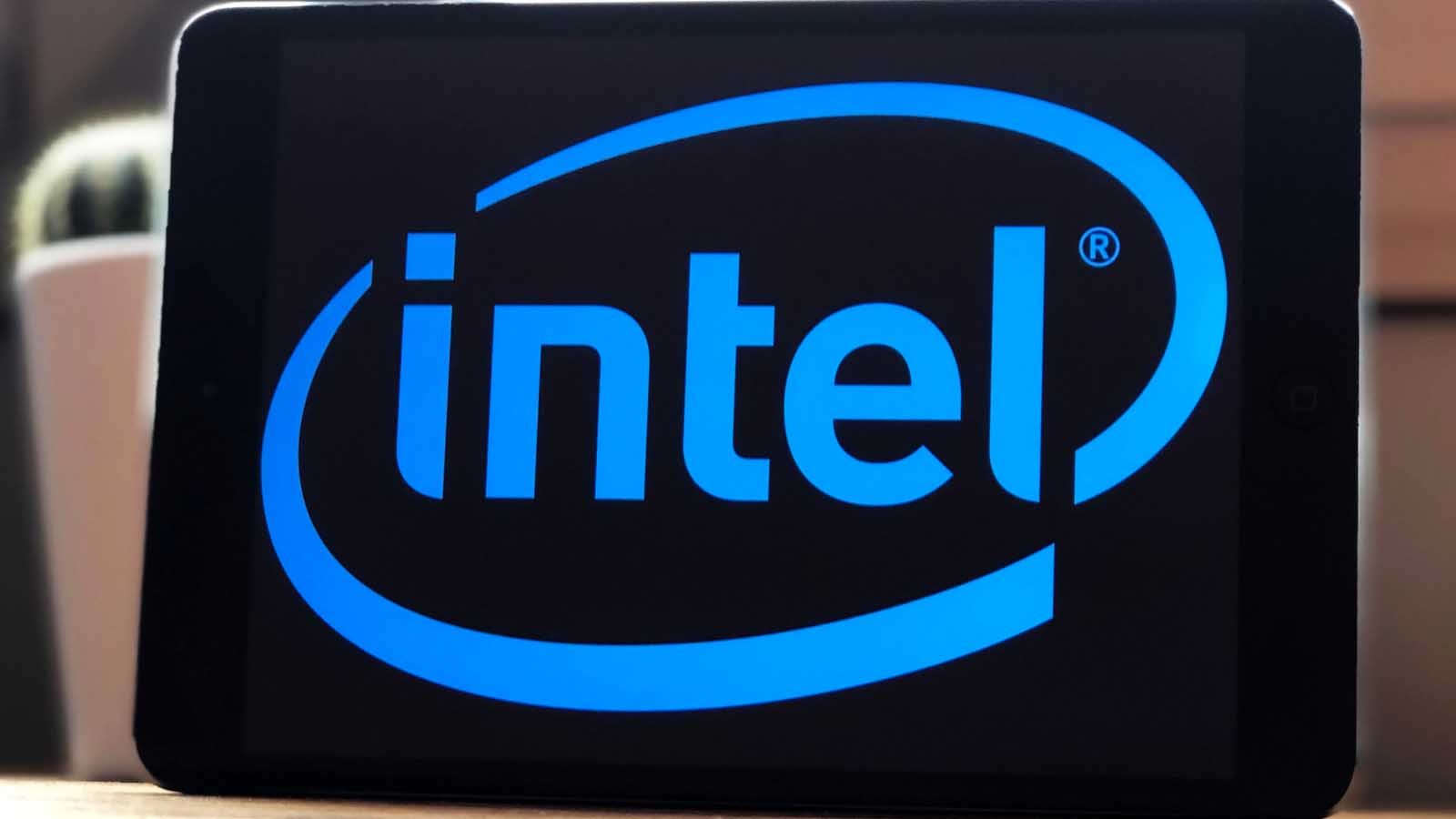
Bearishness about Intel (NASDAQ:INTC) has been on the rise lately, but one Intel stock insider has been bucking the trend. CEO Pat Gelsinger has recently been engaging in some insider buying of the chipmaker’s shares.
As Barron’s reported on May 3, Gelsinger last week bought up $250,000 worth of INTC stock in the open market. Yet while it’s always a good thing when a CEO increases their personal economic exposure to the company they run, I wouldn’t view this headwind as a reason to go bullish.
Although INTC has declined in recent weeks, there’s still little to suggest that going contrarian today could prove to be a profitable move. As I’ll explain below, it’s going to take time for this or any “buy the dip” purchase to pay off. Meanwhile, before a comeback happens, shares could first sink down to even lower price levels.
Intel Stock: Pulling Back for Two Good Reasons
After zooming higher during the fall and winter, peaking at a 52-week high of $51.28, INTC has since tumbled by nearly 40%. The reasons for this sharp drop in price are twofold. First, Intel’s big bet on becoming a major chip foundry has become a far less certain catalyst for a companywide turnaround.
During 2023, the foundry unit produced operating losses totaling $7 billion. Not only that, the unit may be several years away from hitting break-even levels of profitability. It may not be until the start of the next decade that Intel’s foundry becomes a significant profit center for the overall company.
Second, excitement about Intel’s potential to capitalize on the AI chip trend has cooled down as well. Intel may have beat forecasts in its latest quarterly earnings release, but guidance for the coming quarters was lackluster.
Walking back AI-related growth expectations, analysts at both B of A and Goldman Sachs have lowered their respective price targets for Intel stock.
Gelsinger’s recent insider buy may suggest that these issues are now priced-in, yet it may be too early to declare that the dust is actually settling. Additional material downside may still lie ahead.
How Low Could INTC Go?
As InvestorPlace’s Thomas Niel has pointed out, the issue with Intel stock is not only that the company’s turnaround is clearly taking longer than previously anticipated. The issue is that, despite these questionable and uncertain turnaround chances, INTC trades at a high valuation, in anticipation of this turnaround.
At current prices, this stock’s forward price-to-earnings ratio comes in at nearly 28. Yes, this represents a discount to the valuation of Intel’s key peers. Sell side consensus still calls for earnings to rise by nearly 75% next year.
However, these forecasts range widely. Furthermore, following the aforementioned weak guidance, other analysts may follow Goldman and B of A’s lead, and walk back their expectations as well.
In short, any way you slice it, Intel should not be pricing in a comeback as if it’s happening tomorrow. Over the next few months, there’s a strong likelihood that the market will come to this conclusion.
At the very least, this may be sufficient to push Intel shares back down to the stock’s 52-week low of $26.86 per share. Perhaps, to even lower prices, like the low-$20s per share. It all depends on what subsequent results and updates to guidance reveal.
Bottom Line: Stick With the Proven AI Chip Winners
Investors that are bullish on the impact of the generative artificial intelligence growth trend on chip demand have many stronger options out there to buy for exposure to this trend.
These better buys are proven winners, while Intel remains largely a “work in progress” in terms of where it stands as an AI contender. Add in the uncertainty surrounding its risky foundry wager, and there’s still too much at play that could drive a retesting of lows (or worse) rather than a rapid move back to price levels hit earlier this year.
Don’t get me wrong. At some point, Intel stock could again become cheap enough where the risks are outweighed by the possible rewards. However, until this happens, sticking with the proven AI chip winners is the better move.
Intel stock earns a D rating in Portfolio Grader.
On the date of publication, neither Louis Navellier nor the InvestorPlace Research Staff member primarily responsible for this article held (either directly or indirectly) any positions in the securities mentioned in this article.






